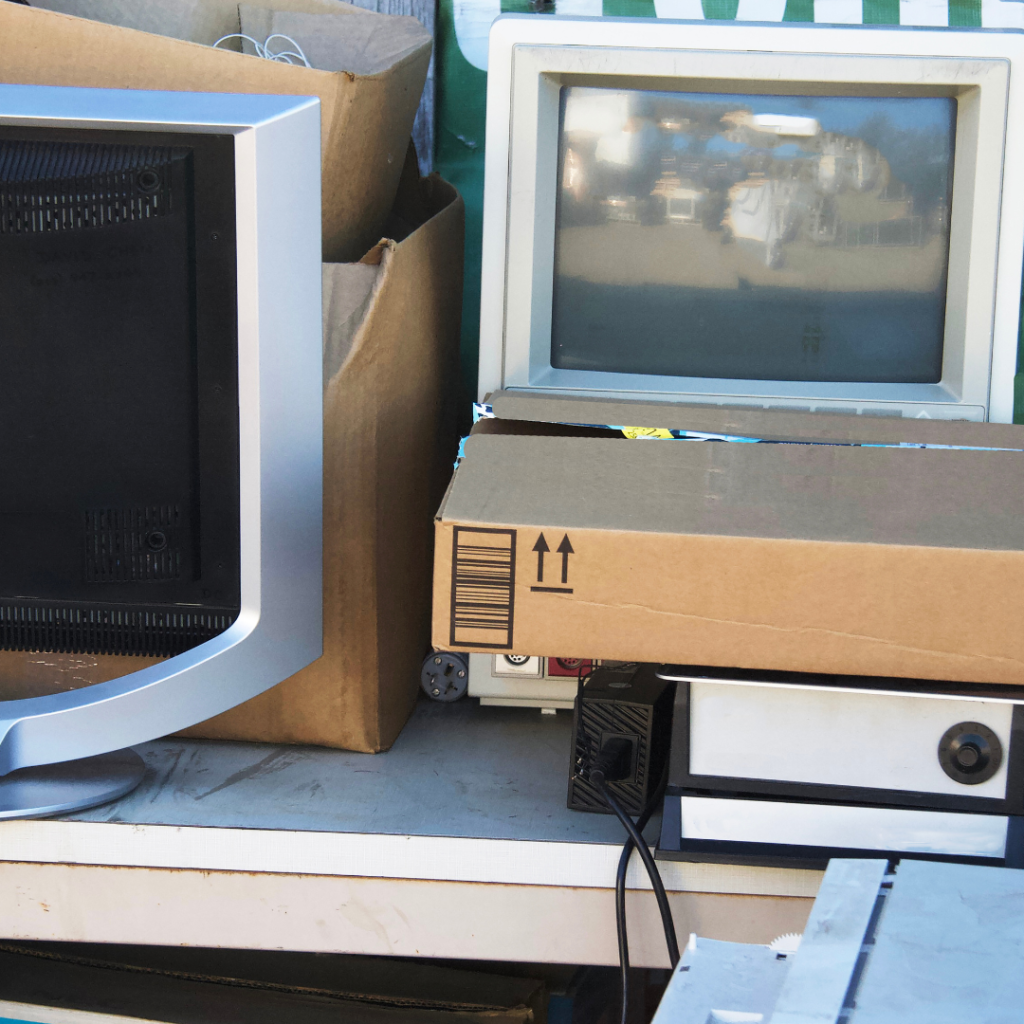 In the ever-evolving landscape of technology, our reliance on electronic devices continues to grow. However, this surge in technological advancements also brings forth a pressing concern: electronic waste, or e-waste. As we step into 2024, the importance of addressing e-waste has never been more critical. In this article, we’ll delve into why e-waste is a significant issue and how responsible disposal practices can shape a sustainable and eco-friendly future.
In the ever-evolving landscape of technology, our reliance on electronic devices continues to grow. However, this surge in technological advancements also brings forth a pressing concern: electronic waste, or e-waste. As we step into 2024, the importance of addressing e-waste has never been more critical. In this article, we’ll delve into why e-waste is a significant issue and how responsible disposal practices can shape a sustainable and eco-friendly future.
The Escalating Growth of E-Waste:
- Rapid Technological Advancements:
The pace at which new technologies emerge contributes to the accelerated obsolescence of electronic devices. This constant turnover results in an alarming increase in e-waste, as older devices are discarded in favor of newer, more advanced models.
- Global Impact:
E-waste is a global challenge that transcends borders. Improper disposal methods, such as dumping electronic devices in landfills, can lead to environmental pollution and health hazards. Recognizing the global impact of e-waste emphasizes the need for a coordinated and sustainable approach to its management.
Why E-Waste Matters in 2024:
-
Environmental Hazards:
Electronic devices often contain hazardous materials such as lead, mercury, and cadmium. When improperly disposed of, these substances can leach into the soil and water, posing significant threats to ecosystems and human health.
-
Resource Depletion:
Electronics consist of valuable materials like gold, silver, and rare earth metals. Failing to recycle these materials means a missed opportunity to recover resources, leading to increased demand for mining and further depletion of finite natural resources.
-
Climate Change Impact:
The production and disposal of electronic devices contribute to carbon emissions and energy consumption. Addressing e-waste is crucial in mitigating the environmental impact associated with the entire life cycle of electronic products.
 The Role of Responsible E-Waste Disposal:
The Role of Responsible E-Waste Disposal:
-
Circular Economy Principles:
Responsible e-waste disposal embraces the principles of a circular economy. By recycling and refurbishing electronic devices, we extend their lifespan, reduce the need for new manufacturing, and minimize the overall environmental footprint.
-
Data Security:
Proper e-waste management includes secure data destruction processes. This safeguards sensitive information from falling into the wrong hands and protects individuals and businesses from potential security breaches.
-
Regulatory Compliance:
Governments worldwide are recognizing the importance of addressing e-waste and implementing regulations to ensure responsible disposal practices. Adhering to these regulations not only mitigates legal risks but also promotes a culture of environmental responsibility.
As we navigate the technological landscape of 2024, addressing the e-waste crisis is not just a choice—it’s an imperative. Responsible disposal practices not only protect the environment and human health but also contribute to a sustainable future. Embracing recycling, secure data destruction, and compliance with regulations are pivotal steps in ensuring that e-waste becomes a catalyst for positive change rather than a threat to our planet. By taking action today, Jay Hoehl Inc. pave the way for a more sustainable and eco-friendly tomorrow.


